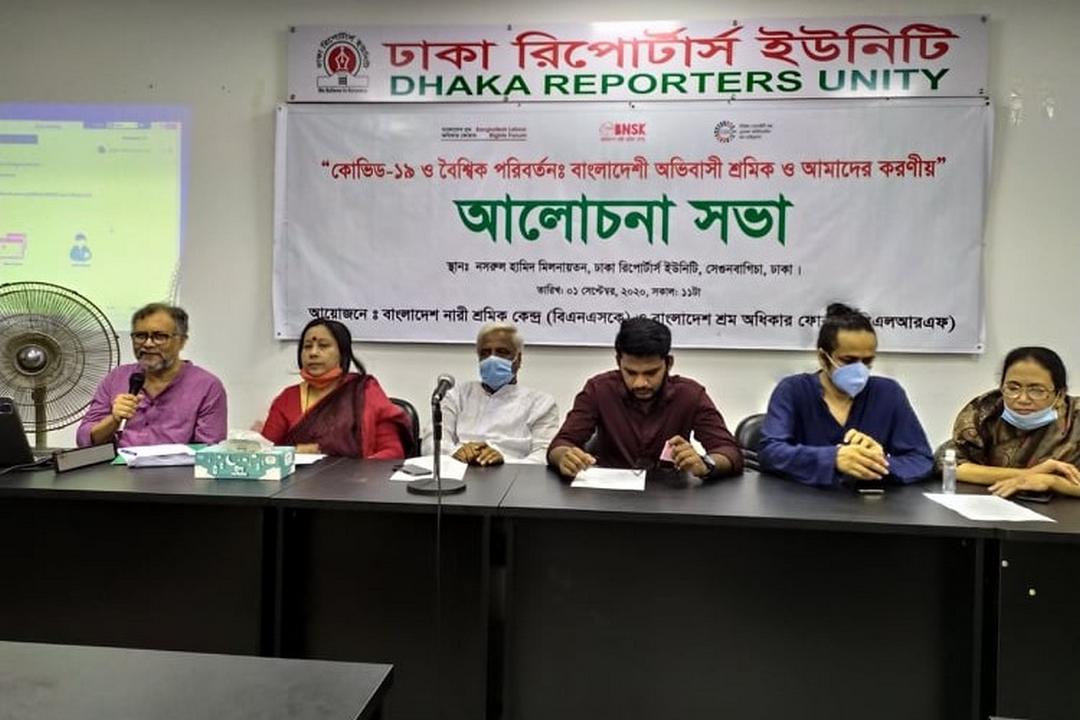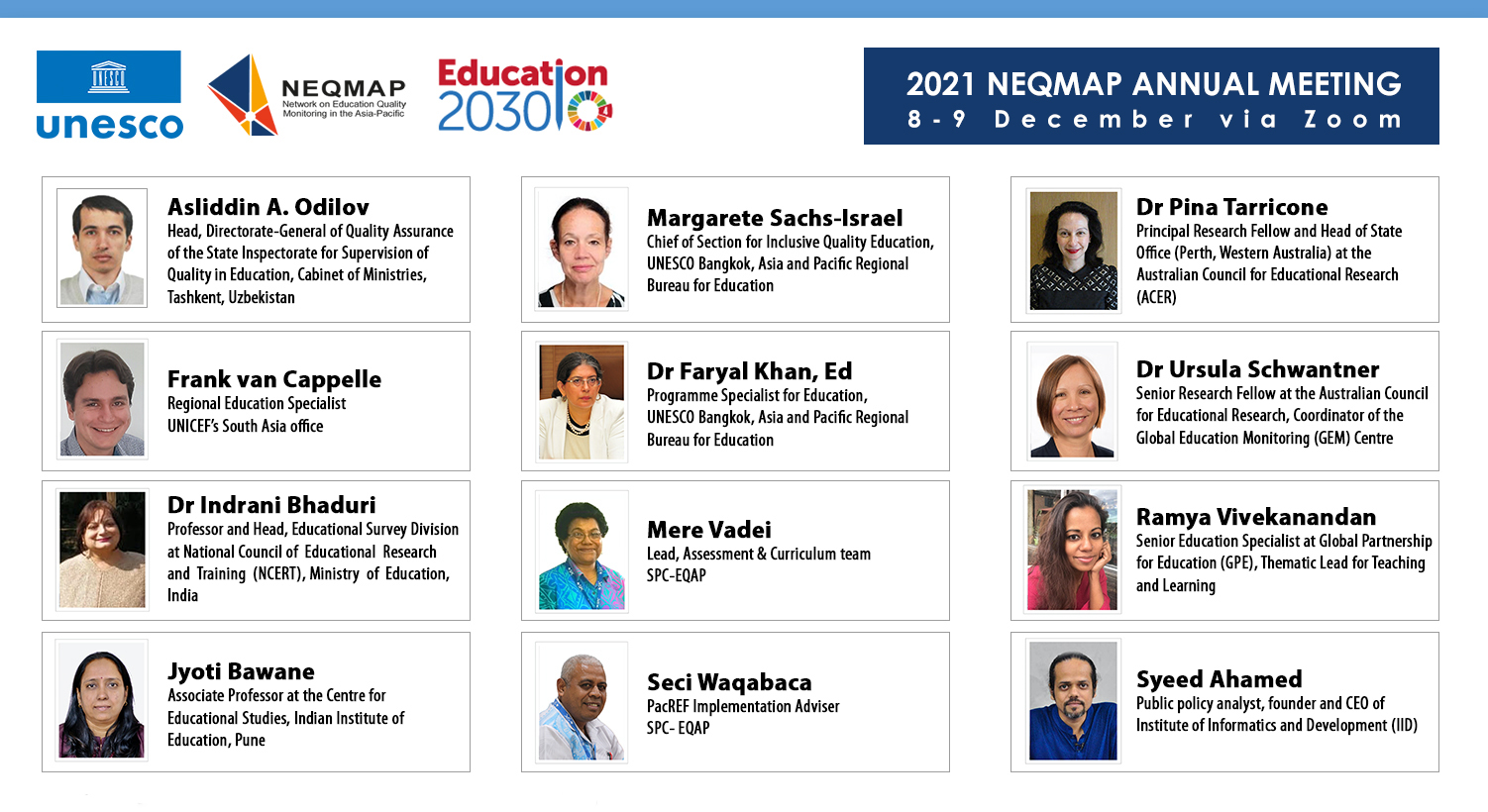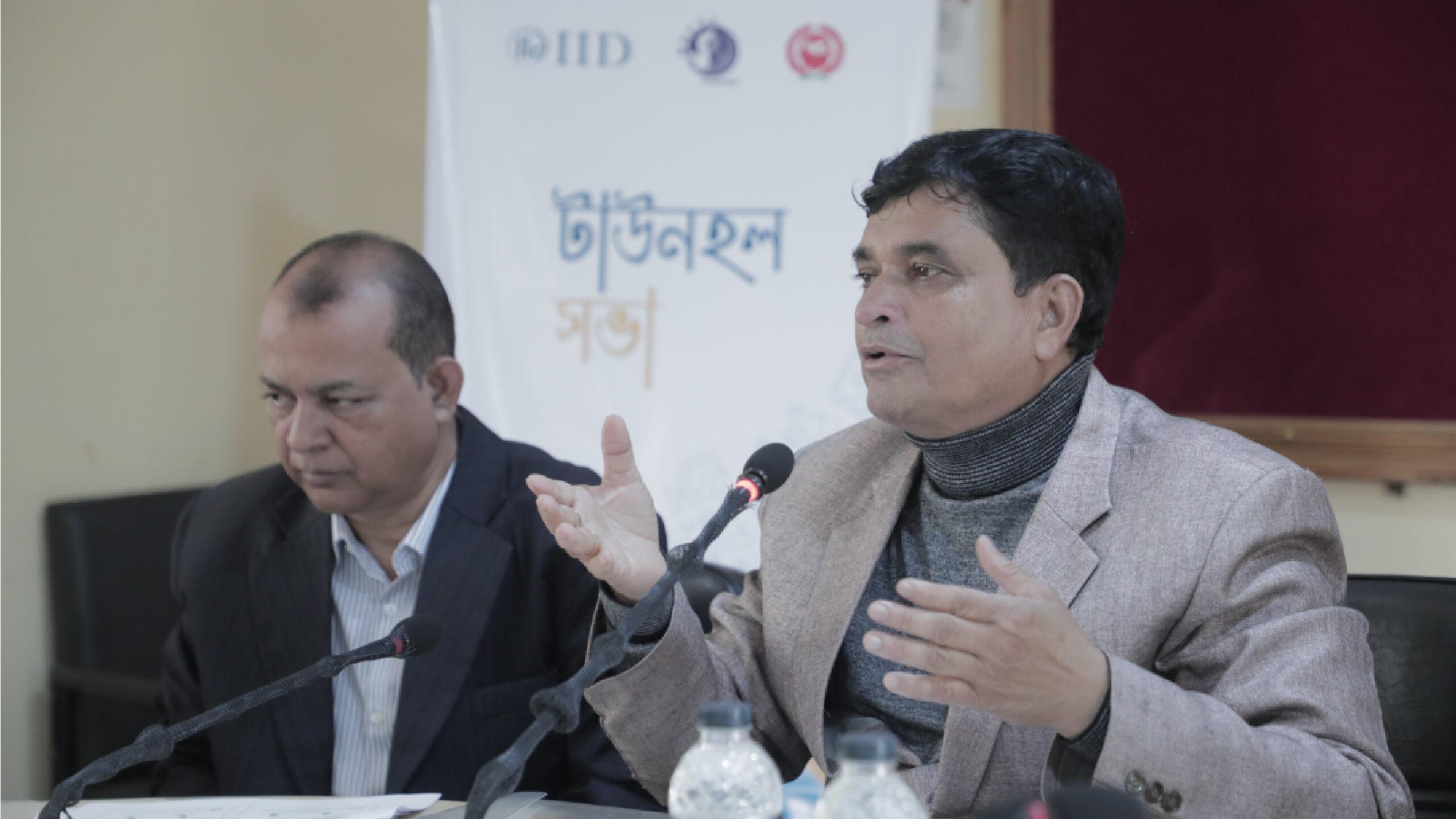As Bangladesh enters 2024, the newly implemented National Curriculum marks a significant change, but wider questions about future directions remain. These include ongoing policy developments, past implementation challenges, and key themes shaping the country’s educational landscape.
To reflect on progress, address emerging challenges, and collectively explore the questions shaping the educational discourse in 2024, #NextGenEdu and IID arranged a “Community Gathering on What are the Big Questions in Education in 2024”, involving educators, policymakers, and non-government actors from the education sector.
The gathering was held at Bishwo Shahitto Kendro on February 13th. The event was supported by the Global Partnership of Education (GPE).
Representatives from IID highlighted the growing digital disparity amidst the era of Artificial Intelligence (AI) and escalating educational expenditures, as illuminated in their study. They stressed the potential of the new curriculum to bridge the gap between education and career paths due to its practical focus. Additionally, they advocated for community involvement to ensure policymakers grasp grassroots requisites.
Students present at the gathering observed that the revised curriculum accentuates behavioral evaluation, thereby fostering personal development. Nevertheless, they highlighted challenges concerning collaborative tasks and the grading system. In a session that reflected on ongoing government initiatives, IID shared insights from recent studies conducted by IID on the Annual Development Program (ADP) in education. These findings revealed the government’s growing commitment to making education more accessible in rural areas and among marginalized communities. However, they noted that despite these commendable efforts, a gap still exists in the ability of students from underprivileged groups to emerge as leaders.
Government officials emphasized the crucial role of teachers in reducing educational expenses by effectively implementing the new curriculum, thereby minimizing the need for private tuition. They also addressed concerns about misinformation surrounding the new curriculum.
Among others, an assistant professor at the National Curriculum and Textbook Board, a deputy director from DSHE, a national program officer from ILO, a fellow from Teach for Bangladesh, education practitioners from different organizations, students, and parents were present.
The event was facilitated by Shakil Ahmed, Abdul Malek, Muhammad Ahsan Nahiyan, and Maliha Munawara Mamun from #NextGenEdu. Md. Zarif Rahman and Muhammad Tanbirul Islam participated in the gathering as representatives of IID.
The community gathering served as a platform for collaborative reflection and action planning. Moving forward, stakeholders will work together to address identified challenges, aiming to create a more equitable and effective education system in 2024.
“Follow us on Flickr for more updates and photos: [https://flic.kr/ps/43JzRH]”







